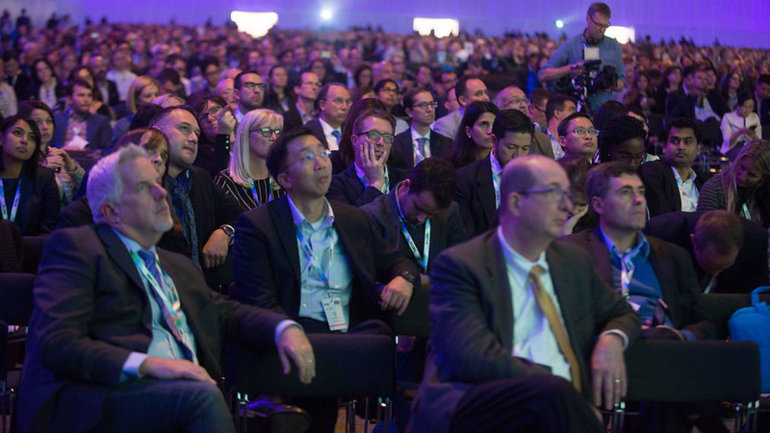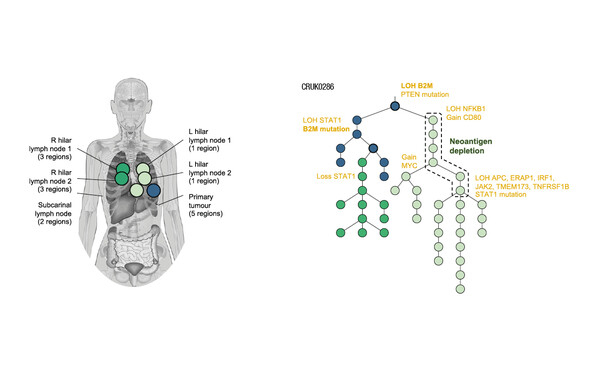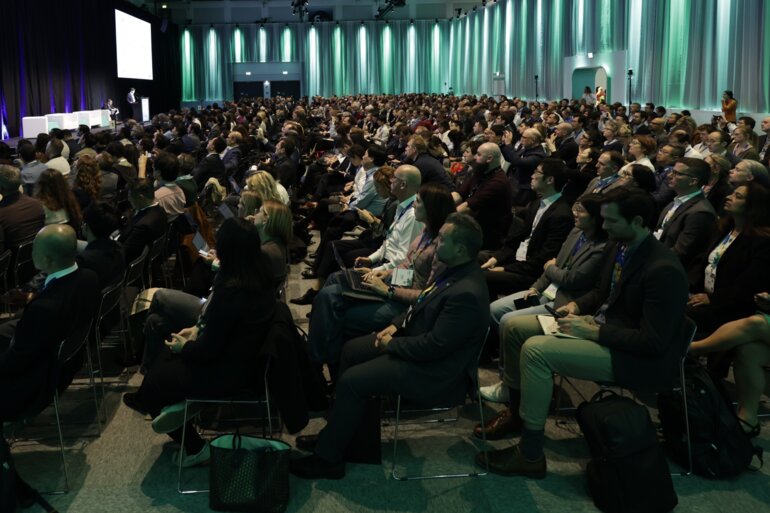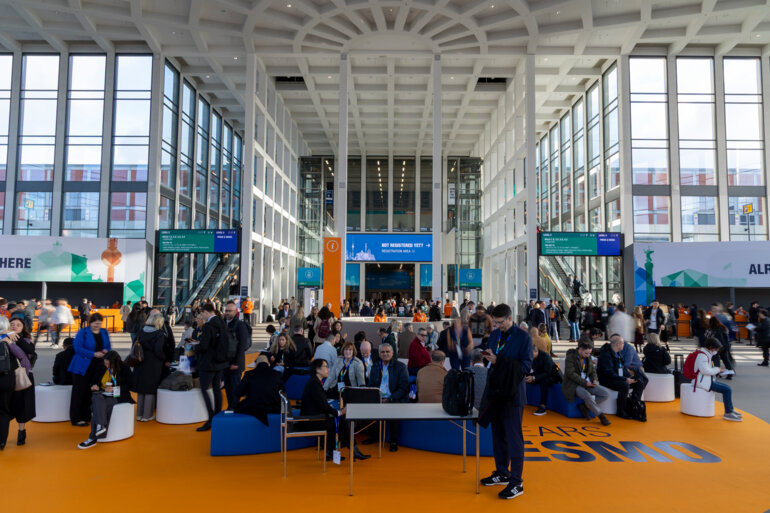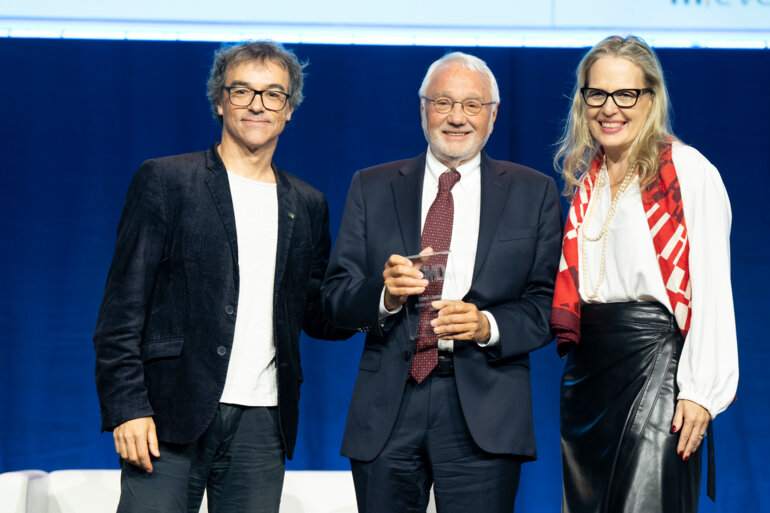Success of immunotherapy is tied to tumour evolution from early- to late-stages, as a study in non-small-cell lung cancer highlights
Longitudinal sequencing of primary non-small-cell lung cancers (NSCLC) at diagnosis and metastases at death shows that distinct phylogenetic branches have distinct immunoediting signals, according to results presented at the Molecular Analysis for Precision Oncology (MAP) Congress 2022 (Abstract 2MO). Genetic immune evasion alterations were frequently observed in primary tumours and metastases, with neoantigen depletion being seen to a lesser extent: both were associated with a lower tumour T-cell infiltration. Phylogenetic reconstruction analysis showed evidence that the immunoediting events occurred in parallel.
The investigators from UCL Cancer Institute and Francis Crick Institute, London, UK, reconstructed tumour phylogenies using somatic mutations identified from whole exome sequencing data on 18 primary tumours and 300 paired metastases from patients with NSCLC in the TRACERx study and PEACE autopsy programme. The data were used to create a simulation framework to establish the reliability of four existing immunoediting computational measuring methodologies. A new quantification approach, combining the best-performing features of the existing methodologies, was then developed and applied to primary and metastatic tumour clones.
These findings are very timely and relevant, according to Dr Jon Zugazagoitia from Hospital Universitario 12th October, Madrid, Spain. “A detailed understanding of immunoediting throughout the course of tumour growth and development is crucial to shaping how we use immunotherapy, but the process is not well understood,” he explains. “The results of this study confirm that as tumours evolve, the immunoediting progress becomes increasingly complex, which explains why it becomes more difficult to treat effectively with immunotherapy. We are already using immunotherapy more and more at earlier stages of disease with good results, for example in melanoma and lung cancer, and the findings underscore the idea that the earlier we use these agents across cancer types, the better chance we have of improving outcomes for patients,” says Zugazagoitia. He thinks that while immunoediting is unlikely to be used as a biomarker to guide immunotherapy choice – at least in the short term – it has important implications for future applications of immune modulators. “Knowledge from studies like this could help to open the door to trials investigating the use of immunoprevention in otherwise healthy individuals who have premalignant lesions or who are at a high risk of developing malignant tumours,” he concludes.
Abstract presented:
Hessey S, et al. Tracking immunoediting from early to late stage lung cancer. MAP 2022, Abstract 2MO
Mini Oral Session 16.10.22, h. 15:40 – 16:40, Auditorium
Watch the session on demand on the Congress virtual platform

